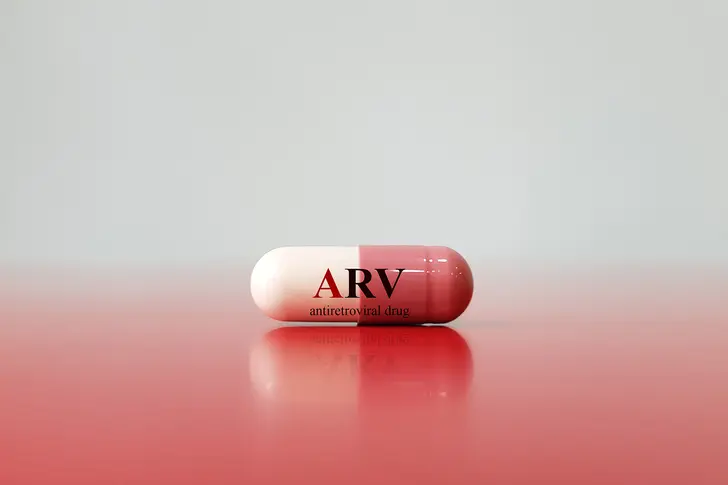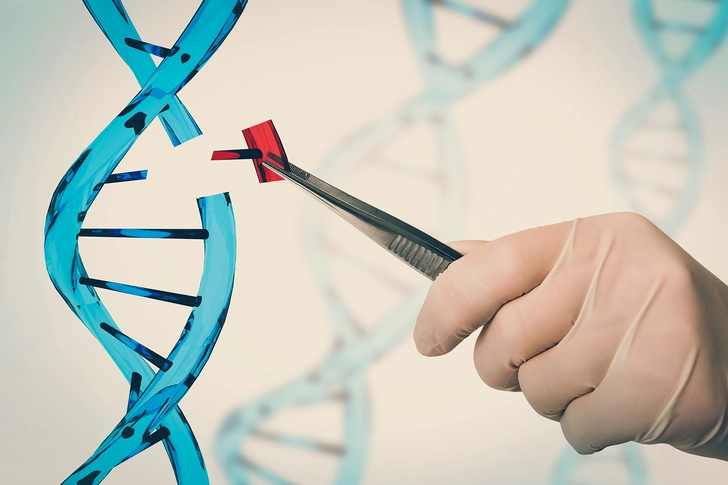- Overview
- Symptoms
- Causes & Risks
- Screening & Testing
- Diagnosis
- Treatment
- How HIV Affects the Body
- Opportunistic Infections
- Complications
- Living With
- Dating & Relationships
- Support & Resources
- Prevention
- Appointment Prep
- View Full Guide
Current HIV Treatments


Current HIV Treatments
Antiretroviral therapy (ART) helps control HIV, allowing people to live long, healthy lives. ART reduces the virus to undetectable levels, but it doesn't eliminate it. HIV can hide in reservoirs within the body and become active again if treatment stops. While ART is effective, researchers are working toward a cure to eliminate the virus entirely.

Visions of an HIV Cure
Scientists envision two types of cures: treatment-free remission and viral eradication. Treatment-free remission means controlling HIV without daily ART, while viral eradication aims to remove all traces of the virus. Both approaches could improve quality of life and reduce the need for lifelong medication.

Promising Research Areas
Researchers are exploring therapies, such as gene editing, which can add protective genes or remove harmful ones. Immunotherapy, used in cancer treatments, may help the immune system fight HIV. Messenger RNA (mRNA) technology, similar to COVID-19 vaccines, is also being studied to target HIV reservoirs and boost immune responses.

Early Treatment Benefits
Starting ART soon after infection may limit HIV reservoirs and protect the immune system. Some people who began treatment early have controlled the virus without ART, offering insights for future cures. Early diagnosis and treatment remain critical for managing HIV and improving outcomes.

Challenges in Finding a Cure
HIV's ability to hide in reservoirs and mutate quickly makes it hard to target. The virus also weakens the immune system, complicating vaccine development. Practical challenges include raising funding, improving research participation, and ensuring future cures are accessible and affordable worldwide.

Staying Informed
While a cure isn't here yet, progress is being made. Trusted sources, such as the CDC and the National Institutes of Health (NIH), provide updates on HIV research. If you're interested in clinical trials, talk to your doctor or visit the Office of AIDS Research website to learn more about ongoing studies.
PHOTO CREDENTIALS
Slide 01 - joel bubble ben/Shutterstock
Slide 02 - Salov Evgeniy/Shutterstock
Slide 03 - andriano.cz/Shutterstock
Slide 04 - Viktoriia Hnatiuk/Shutterstock
Slide 05 - aslysun/Shutterstock
Slide 06 - Yuri A/Shutterstock
SOURCES:
AIDSinfo.gov: "HIV Treatments: The Basics."
National Institute of Allergy and Infectious Diseases: "HIV Cure."
American Foundation on AIDS Research: "The Countdown to a Cure for AIDS," "Pathways to an HIV Cure," "Making Sense of the Three Types of HIV Cure: The Berlin Patient, the Mississippi Child, and the VISCONTI Cohort," "Curing HIV – How Far Have We Come?" "Research."
Fred Hutchinson Cancer Research Center: "World AIDS Day: Stepping up the search for a cure."
Delaney Cell and Genome Engineering Initiative: "Defeat HIV: Scientific Overview."
BeintheKnow: "HIV Cure."
CDC: "HIV Treatment," "HIV Surveillance Report," "Research."
The Well Project: "Finding a Cure for HIV," "HIV Cure-Related Research Strategies."
News release, UNAIDS.
Doherty Institute: "Why a cure for HIV remains elusive."
Mayo Clinic: "Forty years of HIV/AIDS: Will the epidemic end?"
aidsmap: "Why is it so difficult to make an HIV prevention vaccine?" "Life expectancy for people living with HIV."
HIVinfo: "Research Information."
National Library of Medicine: "ClinicalTrials.gov."
Office of AIDS Research: "Join a Clinical Trial."
World Health Organization: "HIV/AIDS."